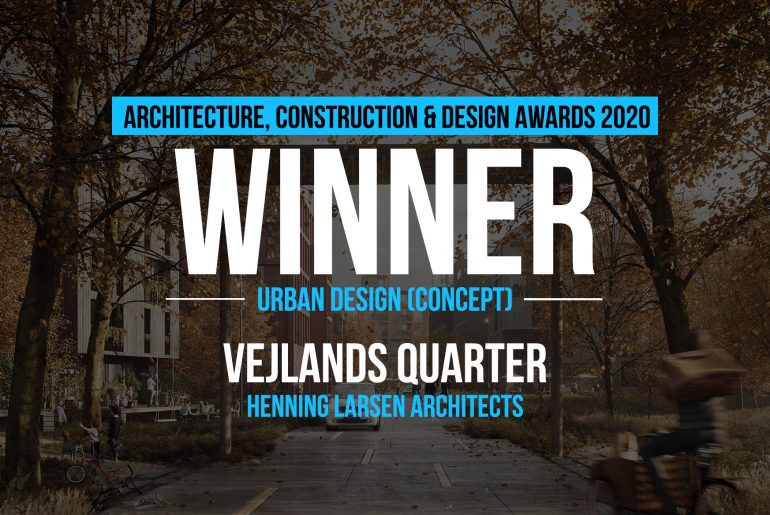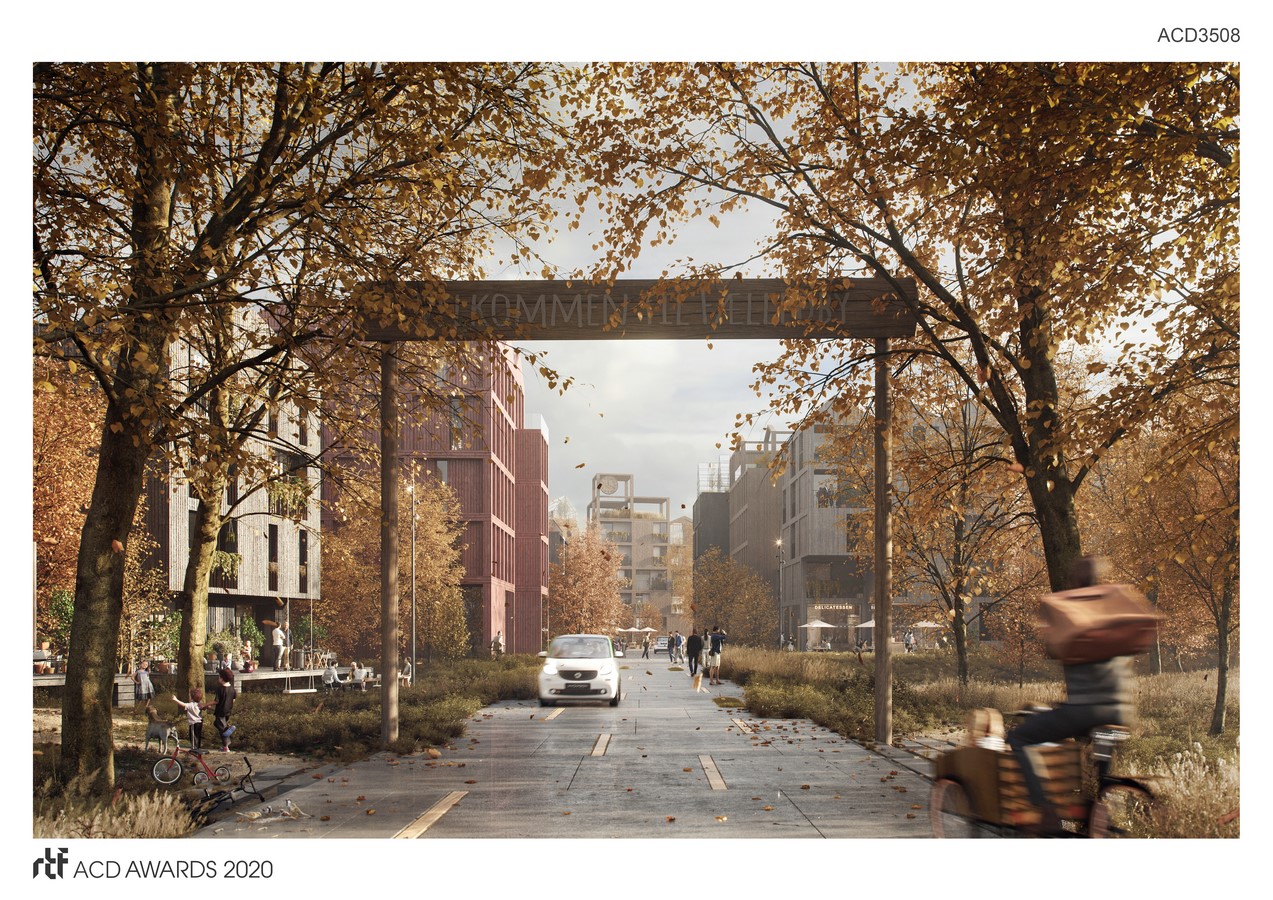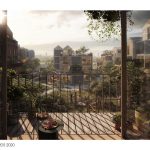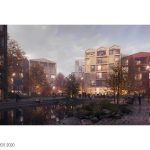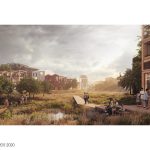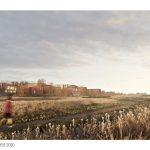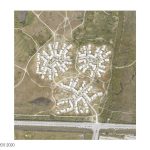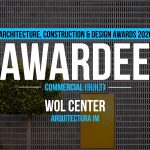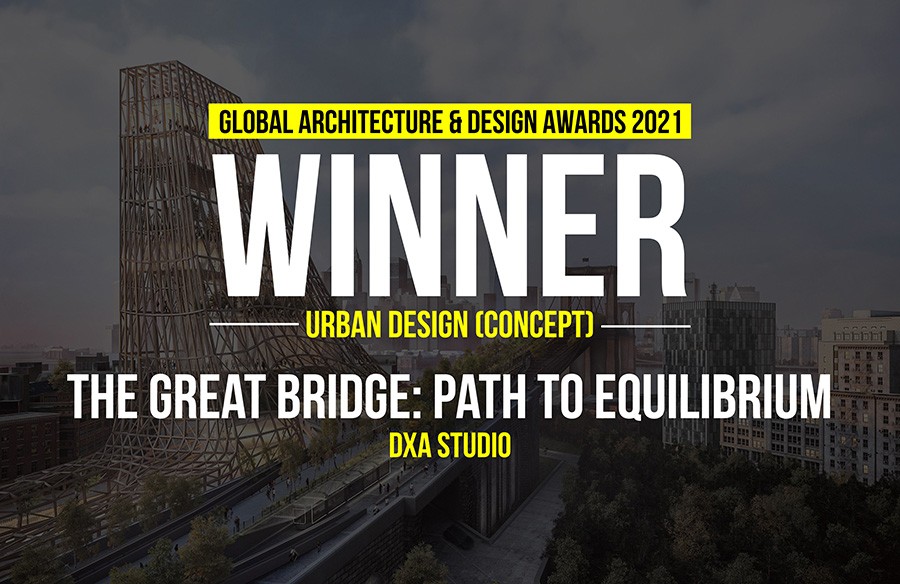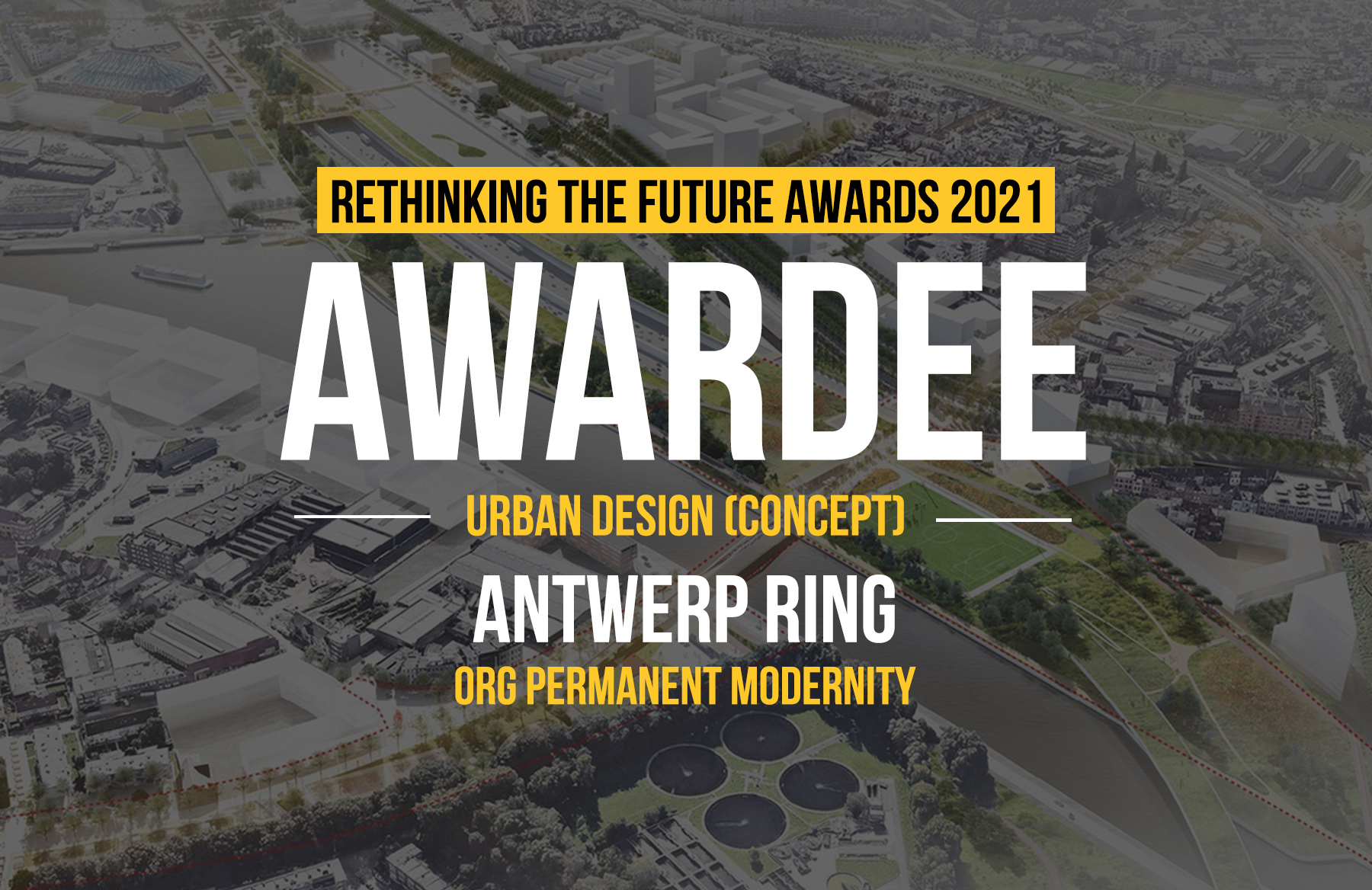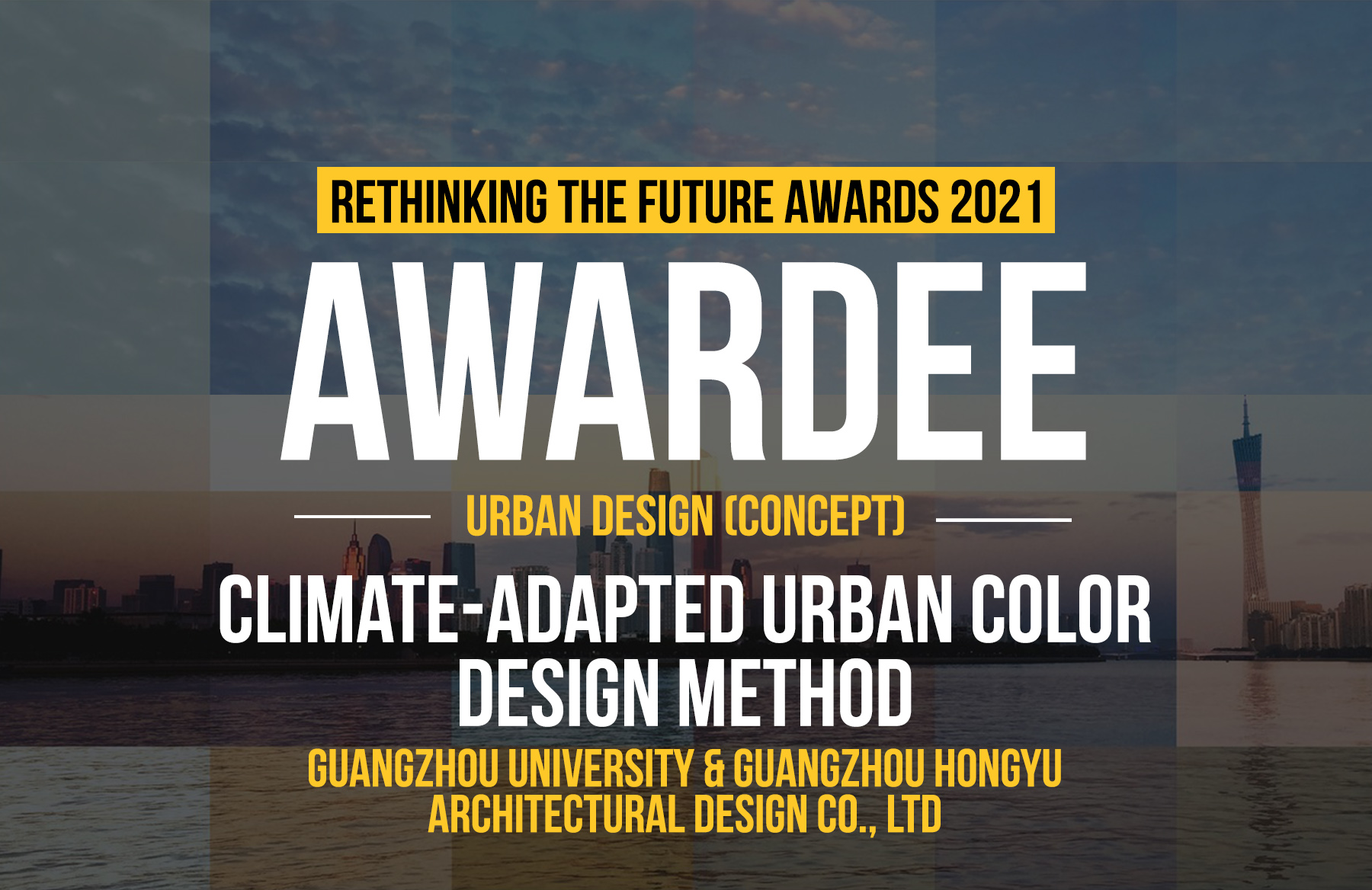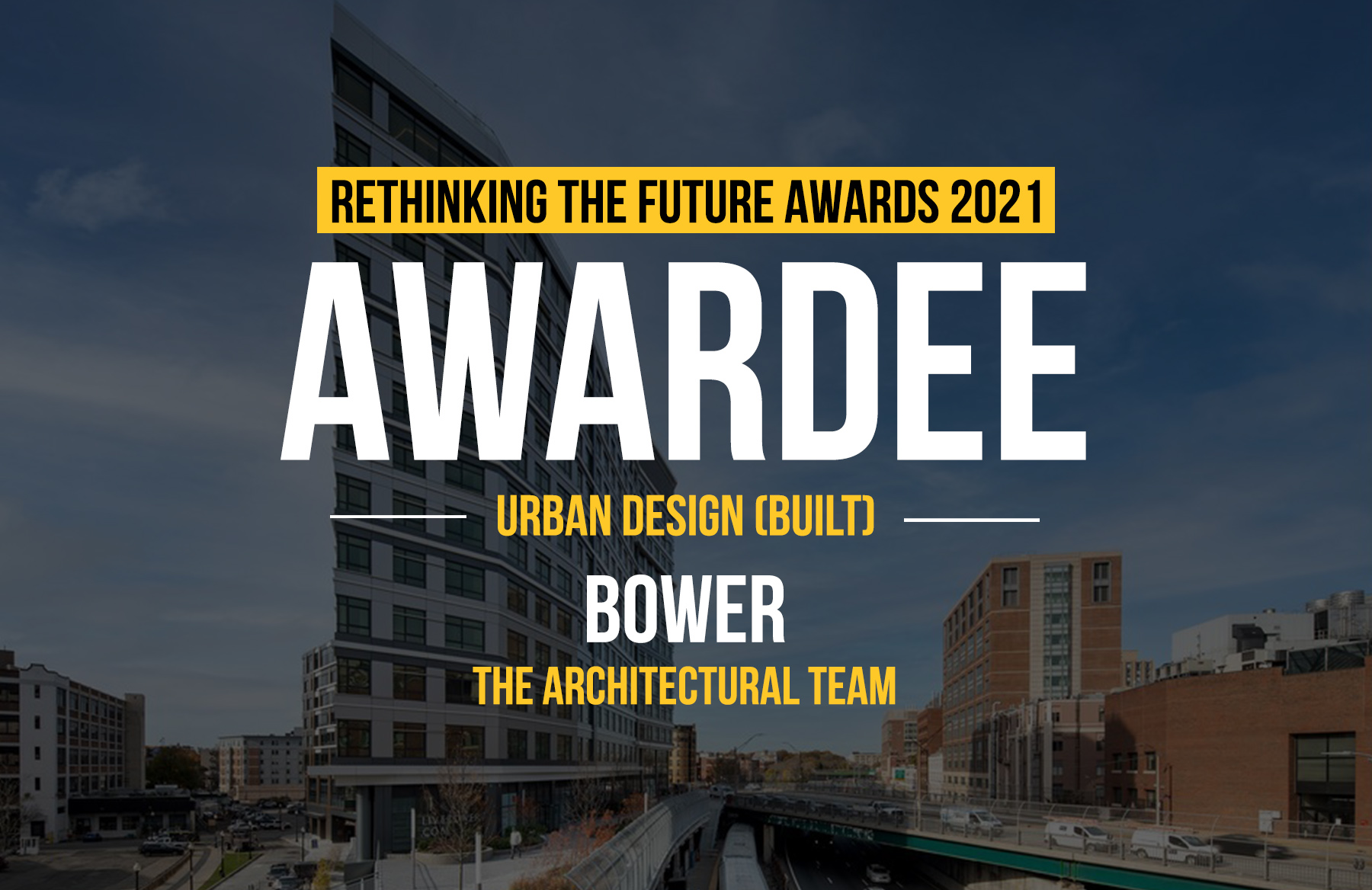Just beyond the Copenhagen city center, Vejlands Quarter transforms the former dumping ground site into a model for sustainable living, balancing human priorities with a strong commitment to the natural surroundings.
Architecture, Construction & Design Awards 2020
First Award | Urban Design (Concept)
Project Name: Vejlands Quarter
Studio Name: Henning Larsen
Design Team: Henning Larsen
Area: 181,000m² (land)/ 219,000m² (building)
Year: 2019- TBA
Location: Copenhagen, Denmark
Consultants: COWI
Photography Credits:
Other Credits: Engineers: MOE
Designed to accommodate 7,000 residents, the community will be entirely timber construction, with individual buildings featuring birdhouses and animal habitats integrated within the building facades. Vejlands explores a living model with nature at its core, simultaneously crafting a new neighborhood to accommodate the demands of the growing city and increasing local biodiversity.
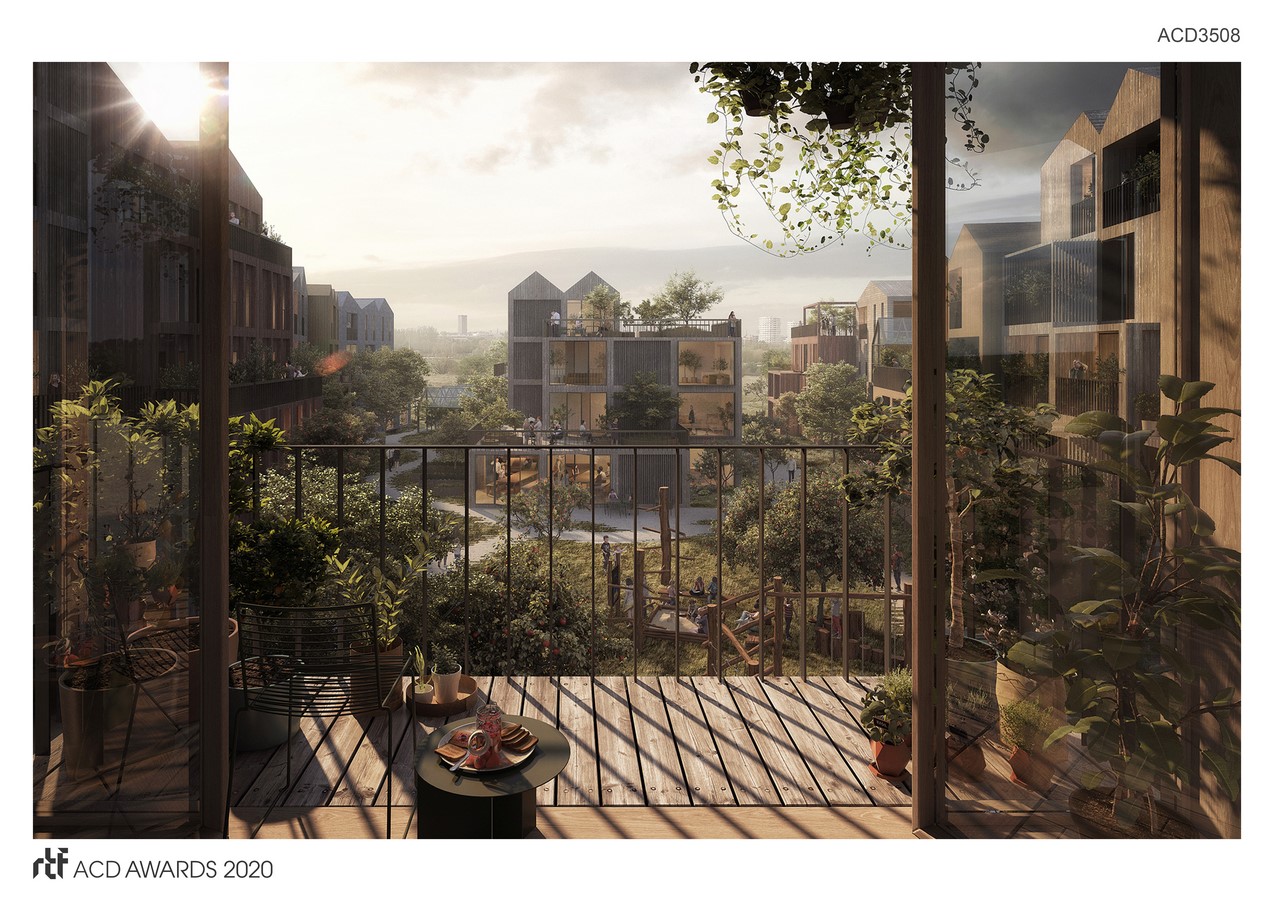
Developed in collaboration with biologists and environmental engineers from MOE, the scheme preserves 40 percent of the 18.1 hectare project site undeveloped habitat for local flora and fauna. Green corridors draw the surrounding landscape into the masterplan, dividing the development into three smaller enclaves. These corridors allow residents increased and direct access to nature, but more importantly, allow the animal species of Amager Fælled to move freely through and within the area.
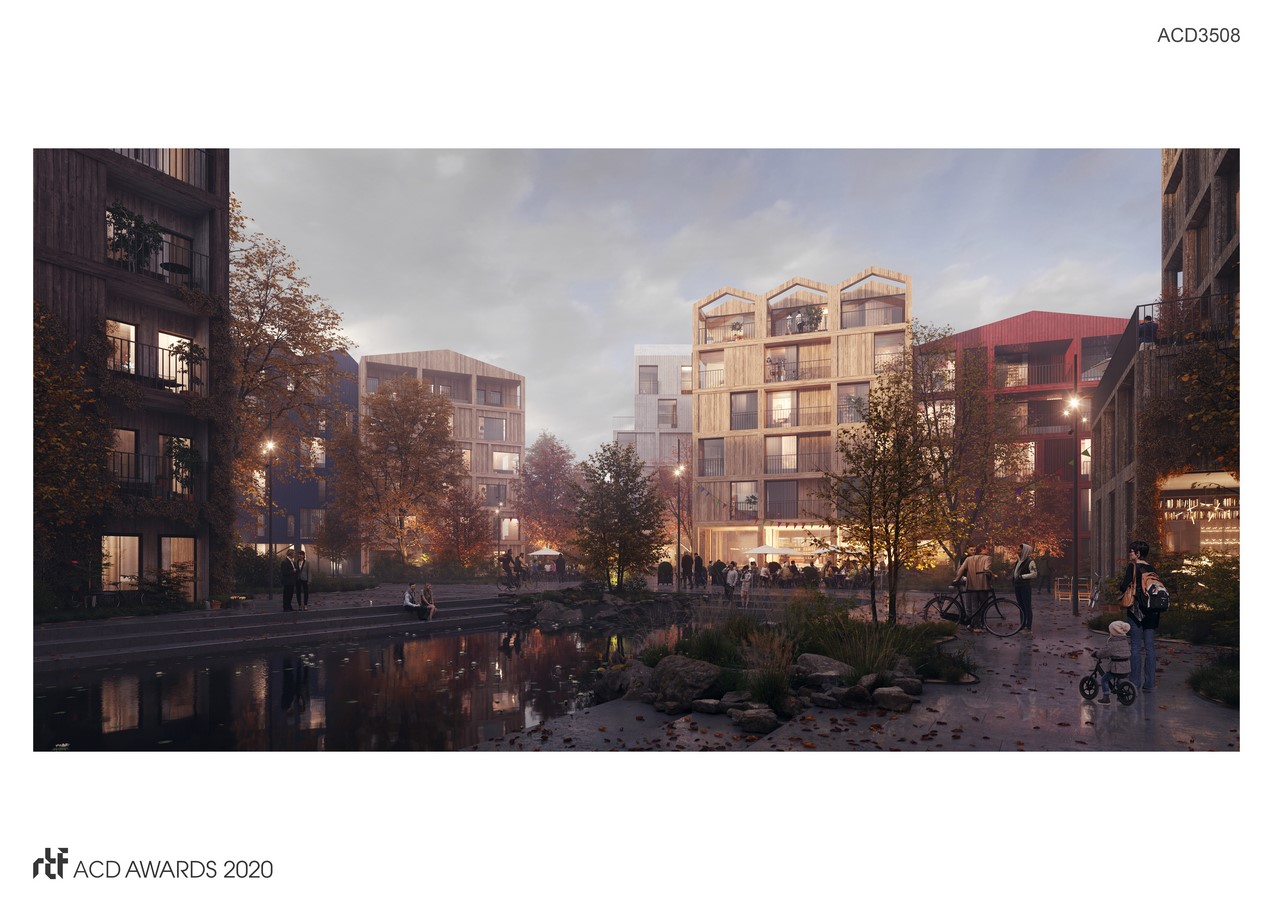
Prior to any construction, the polluted soil from the landfill site will be studied and treated to allow plant life to return to the grounds. In this sense, Vejlands is a model for how urban developments can truly restore, rather than destroy, the natural world it builds on. In concert with Vejland’s environmental ambitions, our timber-construction proposal aims to reduce the carbon impact of the development. Compared to alternative materials such as steel or concrete, timber captures and stores CO2 during its growth – as a building material, it actively removes CO2 from the environment as it is produced.
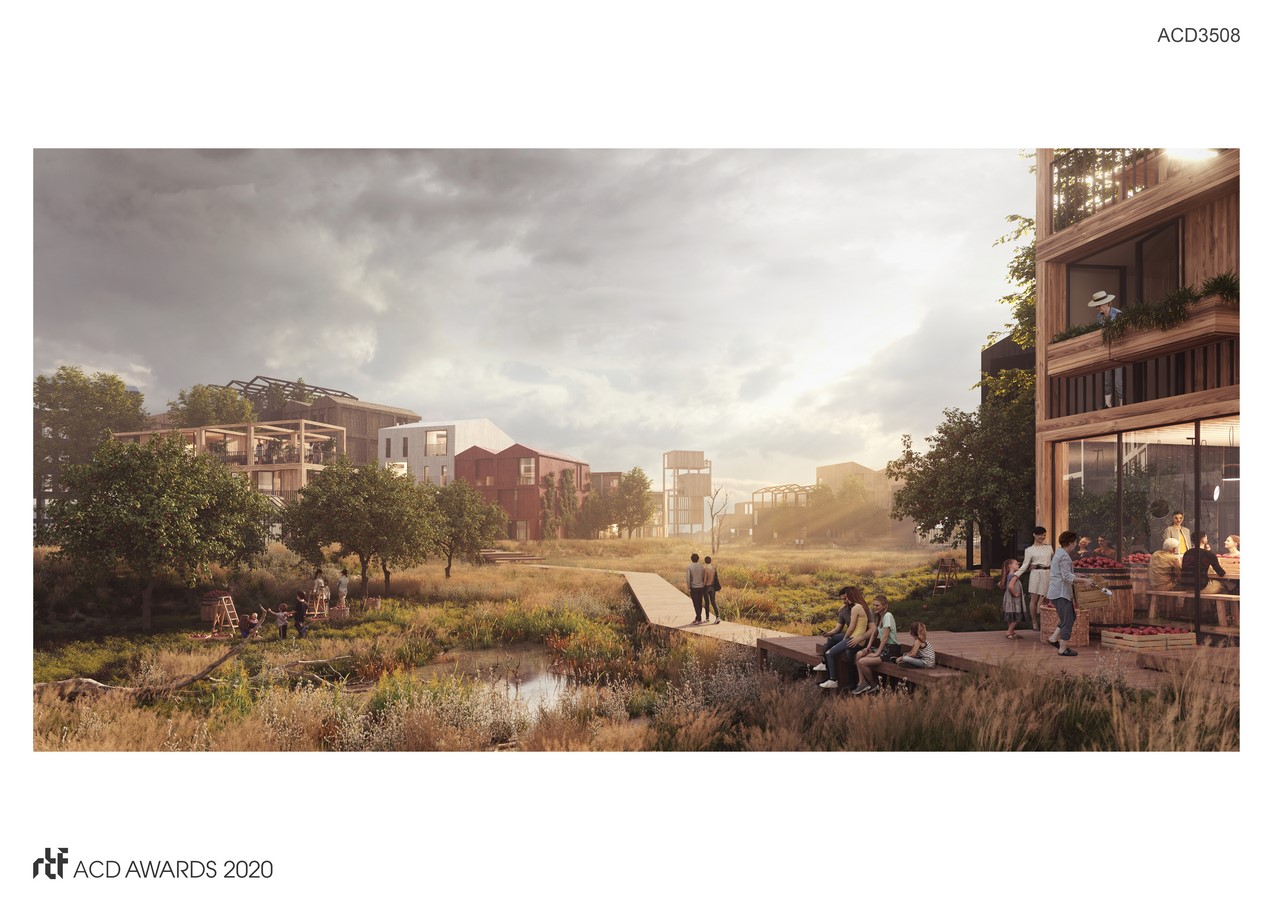
For 1500 years, the agrarian Danes have established villages and homesteads throughout the countryside, always built with a keen awareness of the effects on the surrounding farmlands, pastures and animal habitats. Vejlands takes shape as three radial neighborhoods, each one encouraging a more intimate, small-scale sense of community to flourish. Native-planted green swathes run between these three mini-villages, ensuring free movement for local wildlife and weaving the natural landscape into the core layout of the larger community. From any given residence, nature – untamed and indigenous – is less than a two-minute walk away.
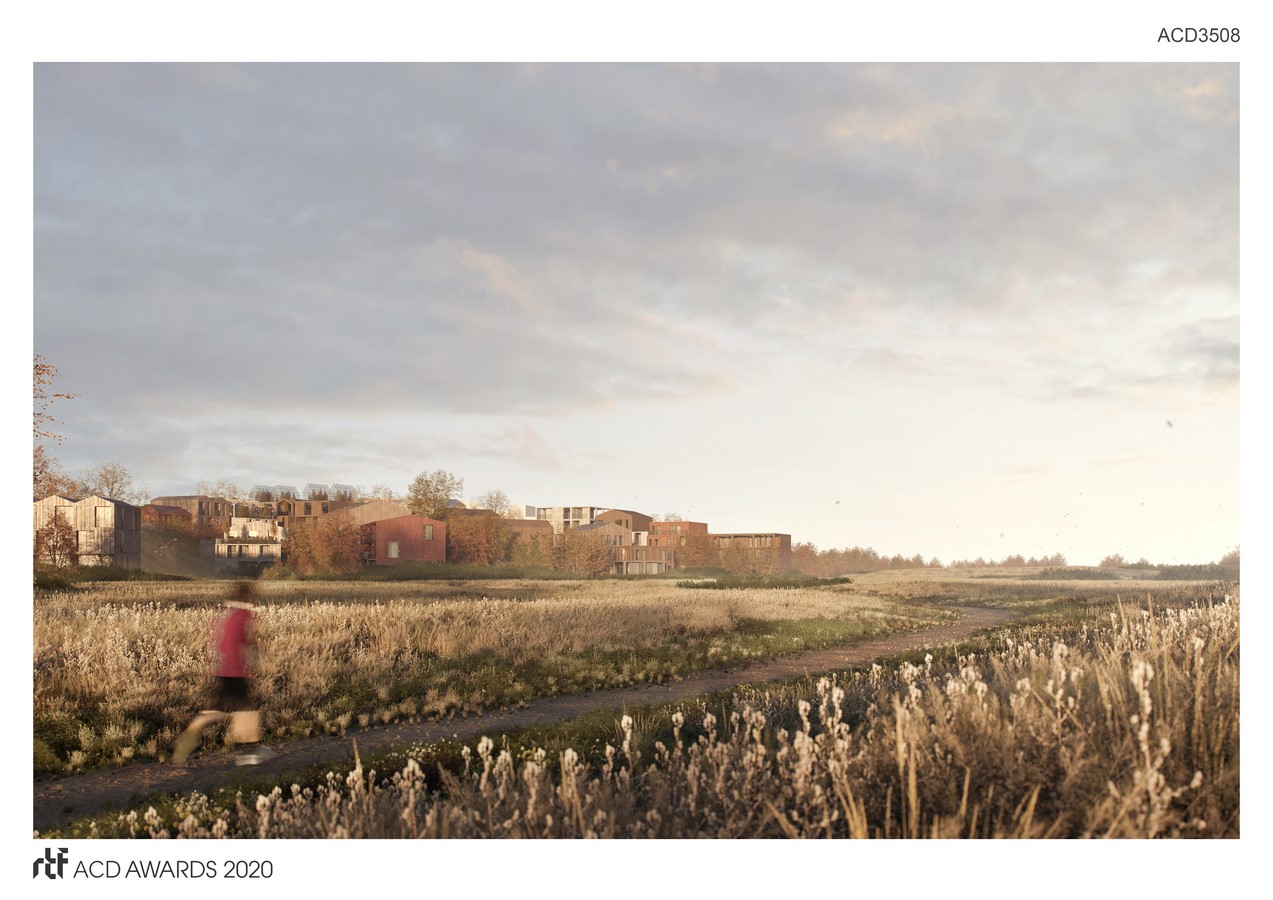
Nature is wholly integrated within Vejlands landscaping and architecture: nests for songbirds and bats are built into the walls of houses, new ponds in the center of each of the three communities offer a habitat for frogs and salamanders, and community gardens create new flowers to attract butterflies. Just as nature does not think in terms of boundaries, Vejland’s buildings dissolve and weaves itself into the natural surroundings. The dense urban core disperses into looser constellations of buildings as you move further away. Narrowed roads and underground parking within the plan reduce vehicle traffic and visibility, making nature the focal point. Complete with a school, day care center, and nursing home, it is also a holistic approach to place-building in addition to its environmental concerns. Already significantly expanding the repertoire of Danish timber construction, Vejlands is also a prototype for the global community of what is possible to build in wood at the masterplan scale.

